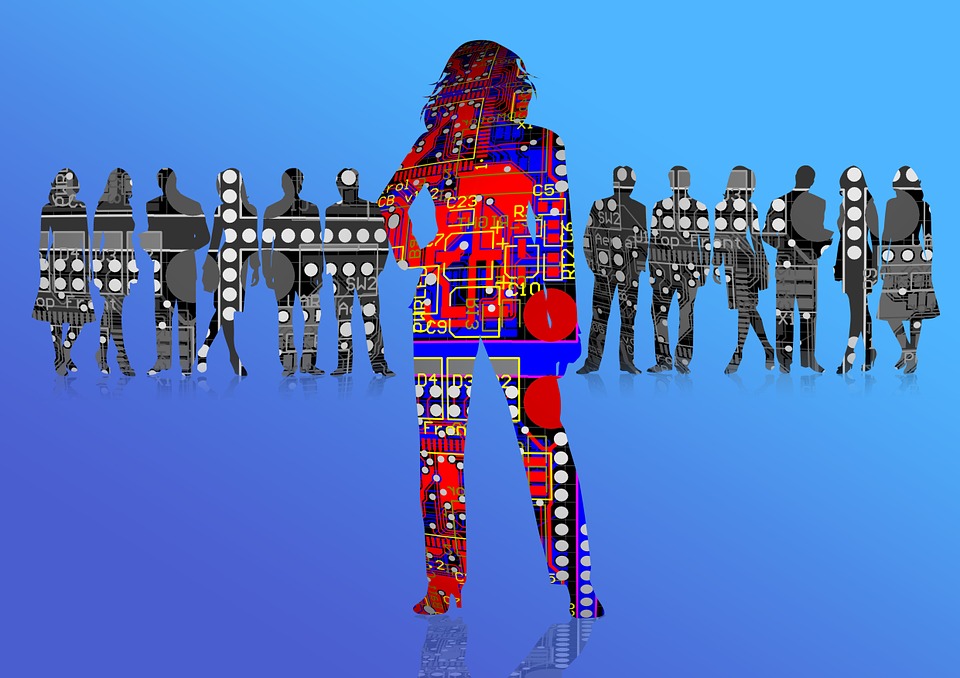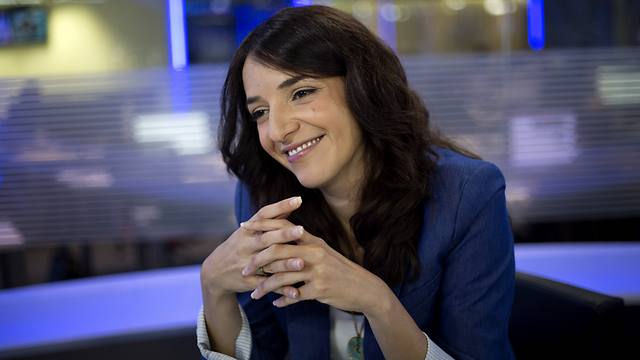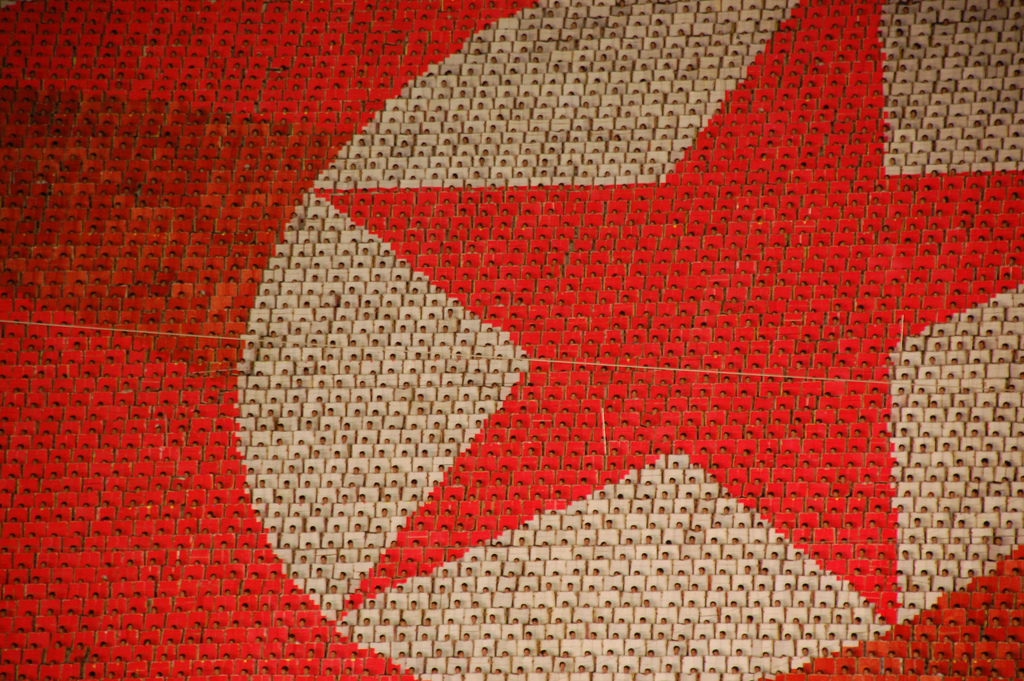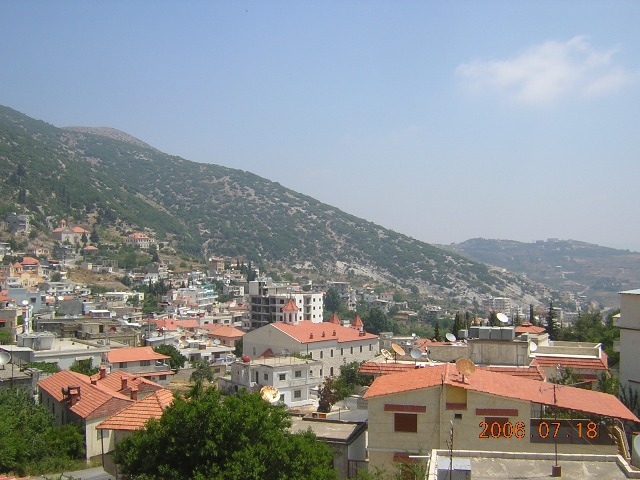On January 3 2016, Revolting, a BBC 2 sketch-comedy show, released an online skit called, “The Real Housewives of ISIS.”
The skit introduces four wives of ISIS fighters, fulfilling their duty as “average” housewives. One scene shows two women awkwardly wearing the same suicide vest. Another depicts a woman chained to her oven, excited that her husband gave her a chain long enough to almost reach the outside.
As you can imagine, the skit has angered some, while others have applauded it. Within days of its premier, the sketch became a hot topic across media fields, with people all over the world torn over whether or not it has gone too far.
A British comedian, Ali Shahalom, took to Facebook thanking the sketch for, “finding humour in such dark times and for being daring…” while Faraz Ali, a sketch writer himself, thought this idea “[capitalized] on the suffering of these young girls.”
Created by BAFTA-winning writers Heydon Prowse and Jolyon Rubinstein, the skit satirizes the American exported show “The Real Housewives of Atlanta” (and other variations) which offers an inside look at the many trivial and fickle problems of modern housewives. The skit also creates a caricature about the dire lives waiting for girls who voluntarily become Jihadist wives. This comes at a time when ISIS’ online grooming for young girls has led to hundreds wanting to join, and some actually making that journey, throwing away their childhoods for a future that may end in an untimely death. Women and girls as young as 14 are found to be more than just housewives, but maids, sex slaves and tools for battle as well.
Those against this controversial piece of entertainment believe the writers of this sketch have penned nothing but insensitivity and bad taste, reinforcing the negative stereotypes surrounding Muslims today and frivolously presenting the lives of girls stuck in the hands of ISIS. They are concerned for the wellbeing of these girls and, as all should be, against the treatment of women under ISIS.
But those who applaud the humour behind this find that the point is to make fun of the idea, and not the situation.
To Shaista Gohir, the chair of the Muslim Women’s Network UK, a funny video makes sense. Humour is more likely to grasp the attention of naturally rebellious youth than the “listen to me, don’t do this” attitude of parents, schools, and governments. Girls who come across this video can think for themselves. This video acts as another source for girls to realize who they are dealing with. Such satire lets girls critically analyze the repercussions of radicalization as this sketch displays the poor living conditions and treatment of an ISIS housewife.
Sara Khan, a writer for International Business and someone who studies the female supporters of ISIS, says that the skit “displayed the oxymoron ‘death to the West’ attitude of these British women, while mocking their all too obvious Western traits, language, tastes and outlook.” It can be hard to watch, but the sketch offers an alternative, and perhaps more effective, criticism of those volunteering to join ISIS, rather than those forced into this lifestyle. Even through all the backlash, the message is there for those convinced to join: this is what your life will be like – and it’s not pleasant. The mock-reality show takes the propaganda of ISIS and tears away at the movie-script romance of being a Jihadi wife, while propelling a necessary dialogue about women’s rights and the women abused by ISIS, a subject needing more of a spotlight within the discussion of terrorism. Shaista Gohir agrees with this, stating that, “We need different strategies and this is one of them. If it gets the message across, then great.”
It takes courage to make fun of something that tries to scare you, and for a terrorist group like ISIS, fear is exactly what they want to instill. With heavy online buzz surrounding the sketch-show, “The Real Housewives of ISIS” instantly becomes a natural threat to the terrorist organization which actively engages with the outside world through the Internet, undercutting ISIS’ online presence, its ideologies and its power in less than two minutes.
Photo: “Artificial Intelligence” (2015), by Geralt via Pixabay. Public Domain.
Disclaimer: Any views or opinions expressed in articles are solely those of the authors and do not necessarily represent the views of the NATO Association of Canada.




